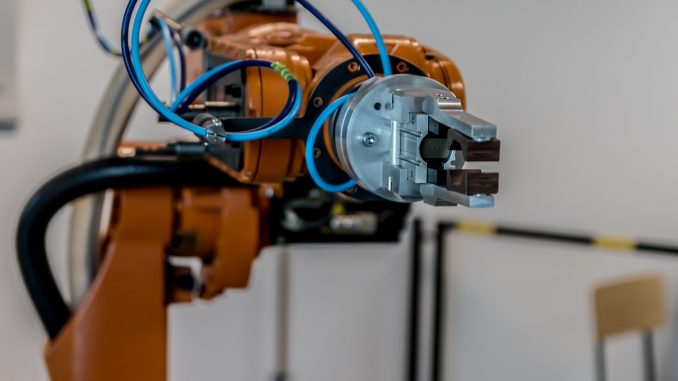
Automation in industry is rising rapidly, and it’s estimated that there will be over 1.4 million new robots in factories by 2019. But what does this mean for workers? And will it have an effect on the incomes of ordinary people? A new report from the Institute for Public Policy Research (IPPR) indicates that, worryingly, the rise of automated systems across a range of industries could drastically widen the gap between the richest and poorest in society.
The study warns that jobs in the UK that have the potential to be automated in the near future are worth an estimated £290 billion every year, which equates to around 33% of all wages in the economy. It’s thought that those in low wage jobs will see the greatest risk to their earnings, as these jobs have a much higher potential to be automated. This could lead to a widespread rise in inequalities throughout the labour market.
“If automation leads to lower average wages or working hours, or loss of jobs in aggregate, a significant amount of national income could be transferred from wages to profits,” the IPPR report states. “And while increased automation of activities will replace some workers and labour earnings, employment and wages will rise in other areas of the labour market due to higher output and productivity, offsetting some of the original £290bn lost but increasing pay inequality.”
In light of these findings, and taking into account the effect this could have on society, the IPPR is urging the government to focus on automation even more in the coming years in order to manage the threat it poses to employees. The organisation argue that although speeding ahead with automation might help businesses, care should be taken to ensure the adoption of digital technologies isn’t damaging to the labour market.
The IPPR has called for the Government to establish a new independent body, which would be called “Productivity UK”, which would serve the purpose of raising productivity whilst implementing digital technologies across various industries in the UK. They have also suggested that an improvement in the country’s overall skill system, by introducing a “productivity and skills levy” would drastically improve its ability to retain jobs and allow workers to train for much needed skills across the economy.
Despite some of these concerns, most experts believe that if managed correctly, the overall impact from the increase in automation is positive. It’s thought that it could raise productivity growth by around 0.8-1.4% ever year, resulting in a 10% increase in gross domestic product by 2030. The IPPR has also noted that despite the rise, there is no evidence that entire workforces will be replaced by robots any time soon and automation has the potential to increase the overall wealth of the country.
“While technological change will reshape how we work and what we do, it won’t eliminate employment,” said Mathew Lawrence, a senior research fellow at the IPPR. “A bigger challenge is arguably the effect of automation on inequality in the UK,” he added. “Managed badly, the benefits of automation could be narrowly concentrated, benefitting those who own capital and highly skilled workers. Inequality would spiral. Managed well though, with a strategy to increase adoption of technologies in the everyday economy and new models of ownership to spread the benefits, automation could help create a future of shared economic plenty,”


Leave a Reply